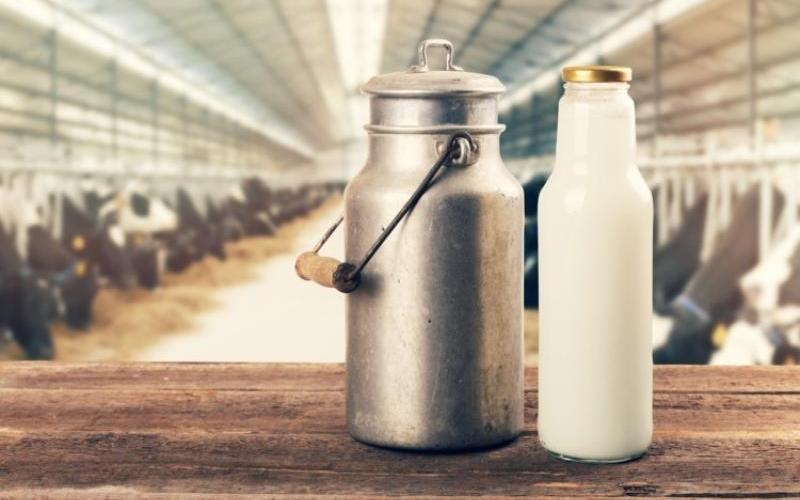Danone Shifts Soy Sourcing to Asia Ahead of EU Deforestation Rules, Phasing Out Brazilian Supply

Danone’s finance chief, Jurgen Esser, confirmed the transition, stating, “We don't source soy from Brazil anymore,” with a commitment to sustainable sourcing now fully backed by a robust tracking system. Although Esser did not detail the timing or specific Asian countries involved in the switch, he underscored the dairy producer’s stringent standards in sourcing practices.
In its 2023 sustainability report, Danone revealed it utilized 262,000 tonnes of soy-based products for cow feed and 53,000 tonnes directly in Alpro and Silk plant-based products. Unlike some competitors, Danone’s exposure to deforestation risks remains limited as soy comprises only around 5% of its dairy cow feed, with most feed being grass or grain. For its Alpro line, Danone sources soybeans from Canada, the United States, France, and Italy, with its last reported Brazilian soy usage for feed being 18% of the total in 2021.
The EU regulation has sparked significant debate across industries and government sectors. While many applaud the environmental safeguards, concerns have been raised about its economic impact. Companies like Unilever, still sourcing Brazilian soy, claim adherence to strict zero-deforestation standards, while Nestlé ceased its Brazilian soy sourcing in 2019. Some critics argue that the new rules may disrupt supply chains, particularly for small-scale producers who struggle to meet compliance standards, potentially inflating the cost of essential food products in the EU market.
Brazil, the world’s largest soy producer, with an anticipated record harvest of 170 million metric tons, continues to see deforestation as a pressing environmental issue despite recent reductions in the Amazon under President Luiz Inacio Lula da Silva’s administration. However, soy farming in Brazil’s Cerrado savanna, a region outside the Amazon, remains a significant deforestation driver contributing to around 10% of global emissions.
As Danone, along with other FMCG giants, realigns its sourcing to ensure compliance, the shift signals both the impact of EU regulatory measures and the dairy industry’s evolving sustainability commitments.









